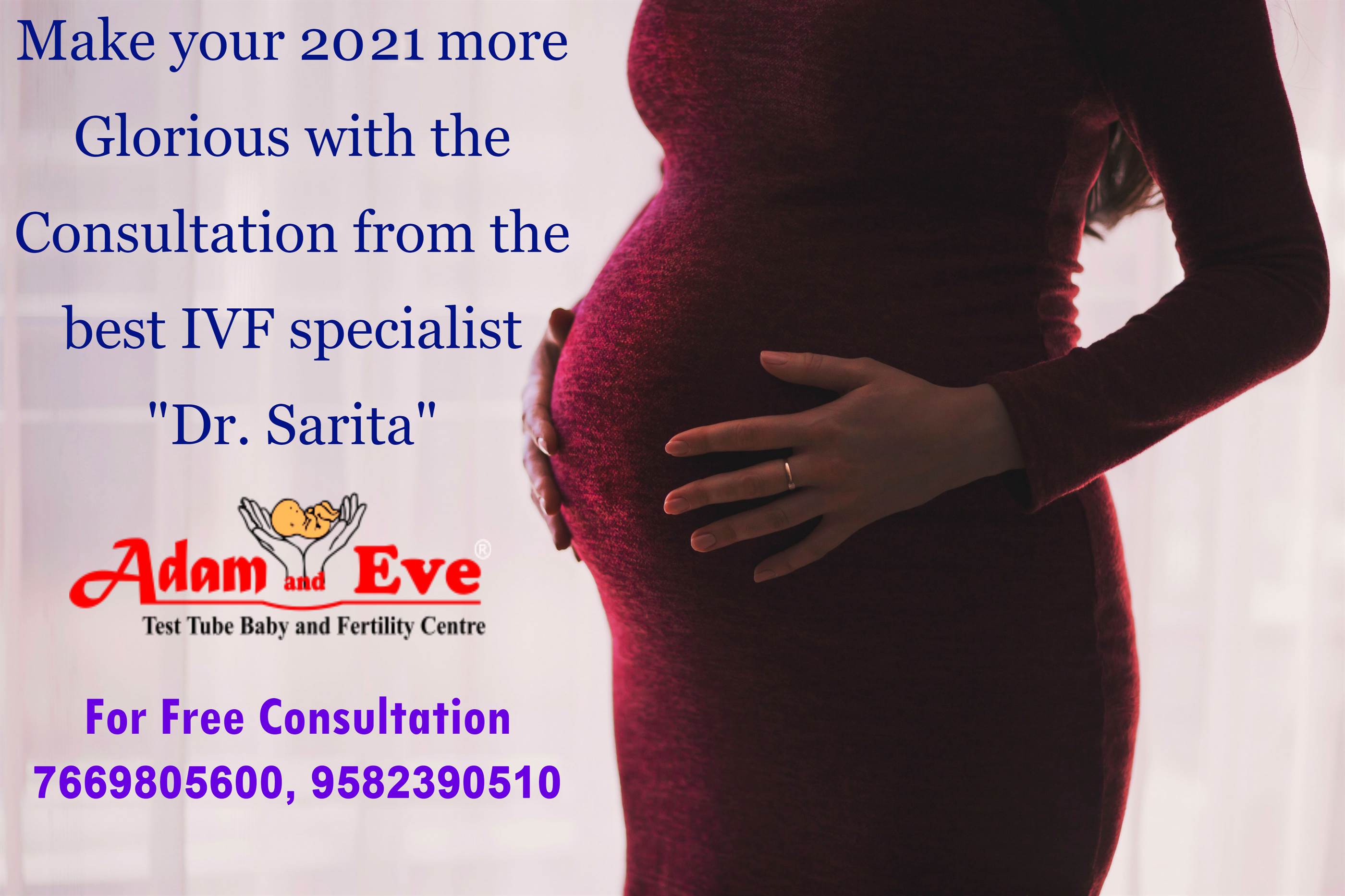IVF Egg Donation: Procedure, Resultes and Risks
What is Egg Donation?
Egg Donation In Noida – The process, where eggs are borrowed from a young woman (less than 33 yrs of age) called the donor, with her consent. Here, a woman provides one or several (usually 10-15) eggs (ova, oocytes) for purposes of assisted reproduction or biomedical research. These eggs are then fertilized with the sperms of the husband of the recipient woman and the resultant embryo (the earliest form of the baby), is inserted into the womb of the recipient.
For assisted reproduction purposes, egg donation involves the process of in vitro fertilization as the eggs are fertilized in the laboratory. After the eggs have been obtained, the role of the egg donor is complete. Egg donation is part of the process of third party reproduction as part of ART (Assisted Reproductive Technology). Egg donation is a cycle wherein a rich lady donates an egg, or oocyte, to one more lady to assist her with considering. Egg Donation in Noida At our center we do oocyte(egg) sharing programs, even for some cases we arrange for the egg donors.
Who needs egg donation?
The process, where eggs are borrowed from a young woman (less than 33 yrs of age) called the donor, with her consent. Here, a woman provides one or several (usually 10-15) eggs (ova, oocytes) for purposes of assisted reproduction or biomedical research. These eggs are then fertilized with the sperms of the husband of the recipient woman and the resultant embryo (the earliest form of the baby), is inserted into the womb of the recipient.
For assisted reproduction purposes, egg donation involves the process of in vitro fertilization as the eggs are fertilized in the laboratory. After the eggs have been obtained, the role of the egg donor is complete. Egg donation is part of the process of third party reproduction as part of ART (Assisted Reproductive Technology).
At our center we do oocyte(egg) sharing programs, even for some cases we arrange for the egg donors.
When the female partner cannot have genetic children (Diseases of X-Sex linkage):
- She may not have eggs that can generate a viable pregnancy (having congenital absence of eggs as in Turner syndrome, Gonadal dysgenesis)
- Early-onset of menopause which can occur in women as early as their 30’s (Premature menopause)
- Female born without ovaries or other reproductive organs (Gondal agenesis).
- Reproductive organs have been damaged due to disease (like severe tuberculosis, endometriosis)or circumstances were removed surgically.
- A genetic disorder (chromosomal defect)on part of the woman that can be circumvented by using eggs from another person.
- Many women have none of these issues but continue to be unsuccessful in multiple IVF-ICSI cycles using their own eggs.
- Advanced maternal age
- Ovaries inaccessible for egg retrieval or Compromised ovarian reserve
- Surgical removal of ovaries due to some reasons(Oophorectomy)
- Certain diseases undergoing/gone Chemotherapy, Radiation therapy for treatment.
- Autoimmunity
The Procedure of Egg Donation
Egg Donation in Noida – Each egg donor is required to undergo a thorough medical examination, including a pelvic exam, blood draws to check hormone levels and to test for infectious diseases, and an ultrasound to examine her ovaries, uterus and other pelvic organs, and specially screened for genetic problems, AIDS and Hepatitis.
Once the screening is complete and a legal contract signed, the donor will begin the donation cycle, which typically takes between three and six weeks. An egg retrieval procedure comprises both the Egg Donor’s Cycle and the Recipient’s Cycle. Birth control pills are administered during the first few weeks of the egg donation process to synchronize the donor’s cycle with the recipient’s, followed by a series of injections which halt the normal functioning of the donor’s ovaries.
These injections may be self-administered on a daily basis for a period of one to three weeks. Next, follicle-stimulating hormones (FSH) are given to the donor to stimulate egg production and increases the number of mature eggs produced by the ovaries. Throughout the cycle, the donor is monitored often by a physician using blood tests and ultrasound exams to determine the donor’s reaction to the hormones and the progress of follicle growth.
Once the doctor decides the follicles are mature, the date and time for the egg retrieval procedure are established. Approximately 36 hours before retrieval. The donor must administer one last injection of HCG hormone to ensure that her eggs are ready to harvested. The egg retrieval itself is a minimally invasive surgical procedure lasting 20–30 minutes, performed under sedation. A small ultrasound-guided needle inserted through the vagina to aspirate the follicles in both ovaries, which extracts the eggs. After resting in a recovery room for an hour or two, the donor is released. Most donors resume regular activities the next day.
After retrieval, the ova are fertilized by the sperm of the male partner (or sperm donor) in the laboratory. And, after some days, the best resulting embryos (Two days later, a four-celled embryo is formed. Three days later, an eight-celled embryo is formed or five days later a multi-celled Blastocyst is formed. This embryo (small baby) is then transferred back to the womb either at the four-cell, eight-cell or the Blastocyst stage.) are placed in the uterus of the recipient. Whose uterine lining has been appropriately prepared for embryo transfer beforehand. The recipient is usually, but not always, the person who requested the service and then will carry and deliver the pregnancy and keep the baby.
Results/success rates of Egg Donation cycles (Egg Donation in Noida)
Nationwide, egg donor cycles have a success rate of upwards of 60%. When a “fresh cycle” is followed by a “frozen cycle”, the success rate with donor eggs goes up to approximately 80%. With egg donation, women who are past their reproductive years or menopause can become pregnant. The oldest woman thus to give birth is Adriana Iliescu, age 66. Babies born after egg donation are not genetically related to the recipient.
Risks of Egg Donation
Egg Donation in Noida – Egg donation carries risks for both donor and recipient. The donor may undergo ovarian hyperstimulation syndrome (OHSS). And vaginal bleeding after the oocyte retrieval, rarely, liver failure. However, it appears that repetitive oocyte donation cycles do not cause accelerated ovarian aging. Evidenced by the absence of decreased anti-Müllerian hormone (AMH) in such women.

